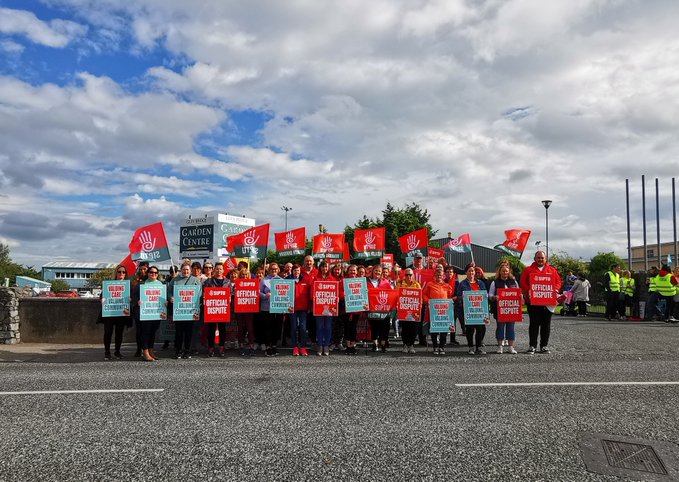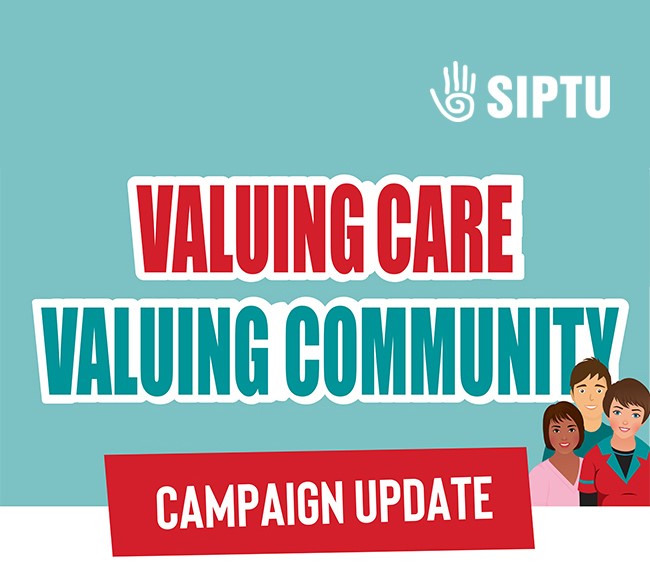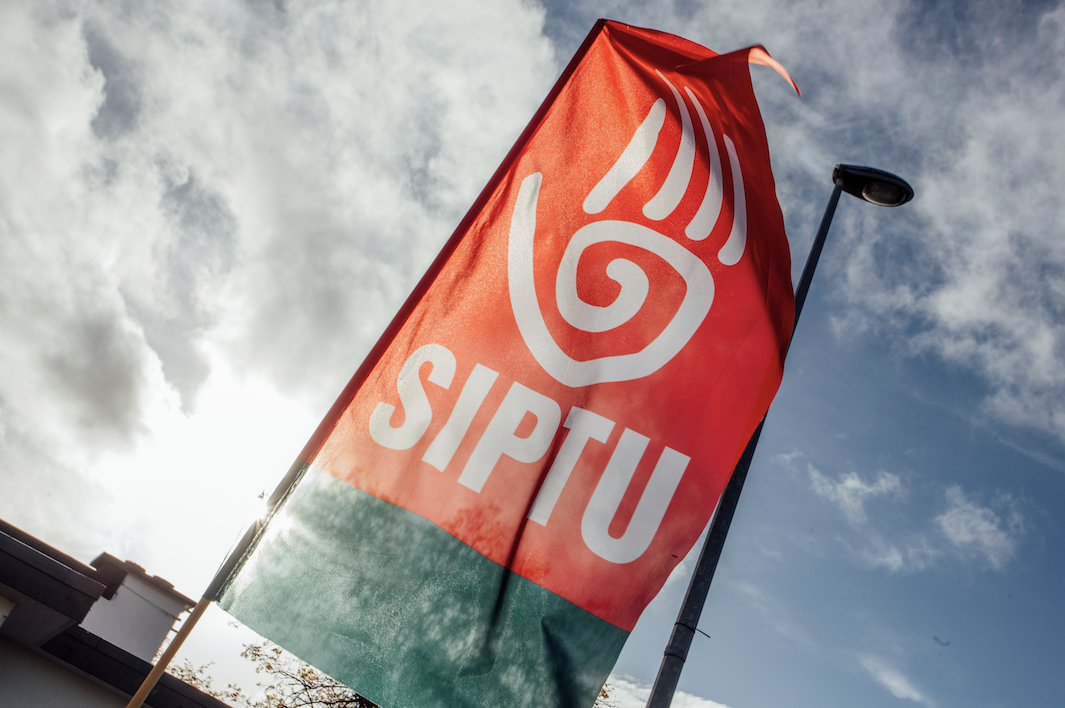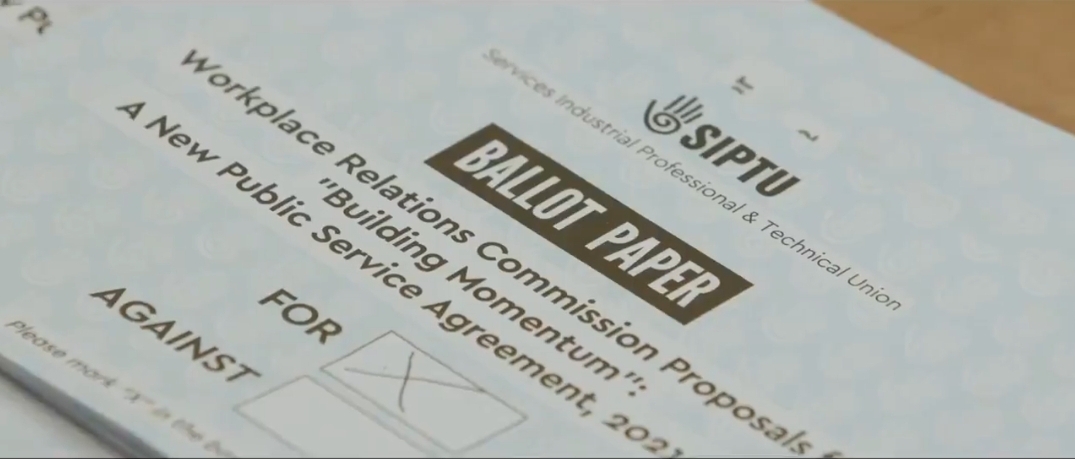Talks on pay terms for health workers in the community and voluntary sector break down at WRC
The group of unions representing workers employed in community and voluntary sector agencies funded by the HSE, walked out of talks at the Workplace Relations Commission (WRC) earlier this week in response to what the unions described as a “derisory” pay offer from the employer.
The union group, led by the Irish Congress of Trade Unions (ICTU), said it would now proceed to ballot workers for industrial action. The ballots will take place in several employments in the sector selected by the unions, and likely to involve hundreds of health and care staff. While these agencies are funded by the state, their employees in a range of health professional, clinical, clerical and administrative grades, are on lesser terms and conditions than their HSE counterparts.
SIPTU Health Divisional Organiser, Kevin Figgis, said: “The breakdown of these talks is a complete body blow to thousands of healthcare and community workers who had a legitimate expectation that they would be getting a decent pay rise coupled with the restoration of the pay link between Section 39 workers and workers in the public service. Is it unacceptable that workers providing essential public services are not being paid public service rates of pay. The government cannot continue to turn a blind eye and must grasp the nettle. There is over a 10% pay gap that is feeding a huge recruitment and retention crisis in Section 39 services. The reality is that if this continues, services will be shut down, and the HSE will then have to step in to provide these services. It’s completely counter-intuitive. The strategy of being penny wise and pound foolish with the provision of these services is completely intolerable, and our members won’t stand for it any longer. We will now engage with our members with a view to resuming widespread industrial and strike action across these services.”
SIPTU Public Administration and Community Divisional Organiser, Karan O’Loughlin, said: “ Our members in the community sector have been extremely patient while waiting for the government to put forward a reasonable and acceptable proposal. Despite their patience, this hasn’t happened. Our members are not prepared to wait any longer. For every member of staff freshly recruited, another experienced staff member is walking out the door. The situation is grim, and the offer this morning suggests there’s little, if any, political will to tackle it. Real pay improvements for staff are the only means of stemming the high rate of staff exits each year and to fulfil recruitment targets for vital health services, including disability and homeless services.”
Fórsa national secretary Ashley Connolly said the offer, which had been sanctioned by Officials from the Department of Health, Department of Children Equality, Disability, Youth and Integration and HSE, fell far short of expectations: “This morning’s pay offer amounted to 5% in a single year, falling far short of the current public service agreement.
“These are workers providing professional health and social care working shoulder-to-shoulder with their public service counterparts. The employer’s offer suggests they were never that serious about resolving the growing pay disparities and the growing problem of employee retention. Any prospect of an agreement was essentially extinguished this morning,” she said.
Maeve Brehony of the INMO added: “The Government has been dragging its feet on this issue for years, while making conciliatory noises to health workers who urgently need pay improvements.
“They haven’t seen a significant pay rise for years, their colleagues are walking out the door for better terms elsewhere, and there appears to be no sense of urgency at Government level, despite the growing waiting lists for the services these agencies offer,” she said.
Until 2008, workers in these agencies received pay increases under national wage agreements. At the onset of the financial crisis they were subject to FEMPI pay cuts in line with the same cuts applied to public sector pay. Limited pay restoration measures were eventually won by unions in 2019 but pay in these agencies remains significantly behind, and no formal mechanism for collective pay bargaining exists for workers in the sector.
Union research has revealed that recruitment and retention of professional health staff in these employments has become a major challenge. Employers are consequently burdened with higher recruitment costs and growing waiting lists for services.





